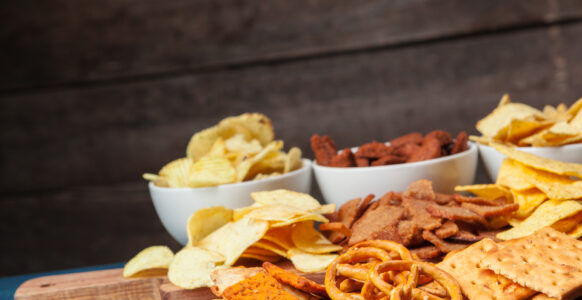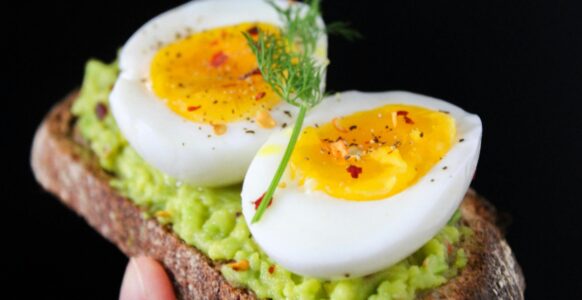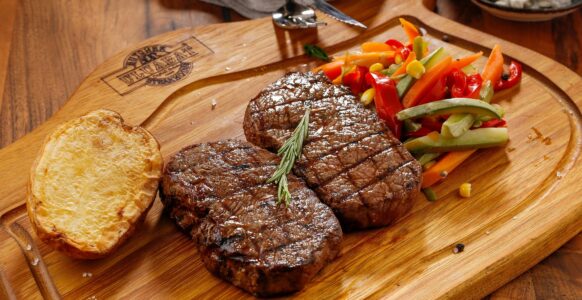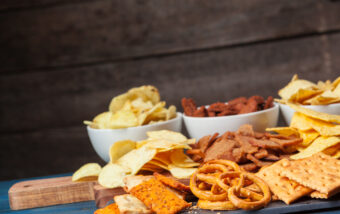
Credit: Unsplash
Bella Breakdown
Mediterranean Diet isn’t precisely a diet; it’s a lifestyle. Italy and Spain are the countries with the highest life expectancy, so it seems like they know about foods and life more than the rest of us. Is there some secret, or is it merely a case of adopting healthy habits?
The Mediterranean Diet is based on fish, olives, vegetables, whole grains. It’s not limiting, but it’s very well known that Italians, Spaniards, and Greeks avoid added sugars, processed meat, and refined grains. Also, red meat isn’t that popular; instead, everyone consumes fish and seafood. The diet is full of proteins, and meals are easy to prepare. Unlike in the movies, pasta and pizzas are never the first choices. The Italians are proud of their pizzas and spaghetti, but they prefer to go out, eat them in a restaurant, with a glass of some fine wine.
The key is moderation. Combined with a lot of walking, and having a laid back approach to life, the Mediterranean diet is just a portion of what makes these nations so interesting.
Numerous studies have now shown that the Mediterranean diet can cause weight loss and prevent heart attacks, strokes, type 2 diabetes, and untimely death. Add regular exercise, less alcohol, and stress, and you are on the way to a happier, healthier life. Italians especially enjoy coffee, but they cannot understand the obsession with sweetened frappuccinos and similar beverages. Yogurt in Greece and the one in the States don’t taste the same, because Greek yogurt is supposed to be probiotic, not sugary delight.
Keep in mind that European desserts contain less sugar than an average American treat. Instead of having muffins for snacks, many Italians prefer fresh fruits and nuts. It has nothing to do with losing weight; it’s a matter of habit. And developing healthy habits isn’t as hard as it seems. If you don’t buy cookies, you won’t be able to eat them at night.
Instead, your shopping list should consist of the following:
- Vegetables: Brussels sprouts, cucumbers, tomatoes, broccoli, kale, spinach, onions, cauliflower, carrots
- Fruits: strawberries, grapes, figs, melons, peaches, apples, bananas, oranges, pears
- Nuts and seeds: Almonds, hazelnuts, cashews, sunflower seeds, pumpkin seeds, walnuts, macadamia nuts
- Legumes: Beans, lentils, pulses, peanuts, chickpeas, peas,
- Tubers: Potatoes, sweet potatoes, turnips, yams
- Whole grains: brown rice, rye, barley, corn, whole oats, buckwheat, whole wheat, whole-grain bread
- Fish and seafood: Salmon, shrimp, oysters, sardines, trout, tuna, mackerel, clams, crab, mussels
- Poultry: Chicken, duck, turkey
- Eggs: Chicken, quail, and duck eggs
- Dairy: Cheese, yogurt, Greek yogurt
- Herbs and spices: Garlic, basil, mint, rosemary, sage, nutmeg, cinnamon, pepper
- Healthy Fats: Extra virgin olive oil, olives, avocados, and avocado oil



















